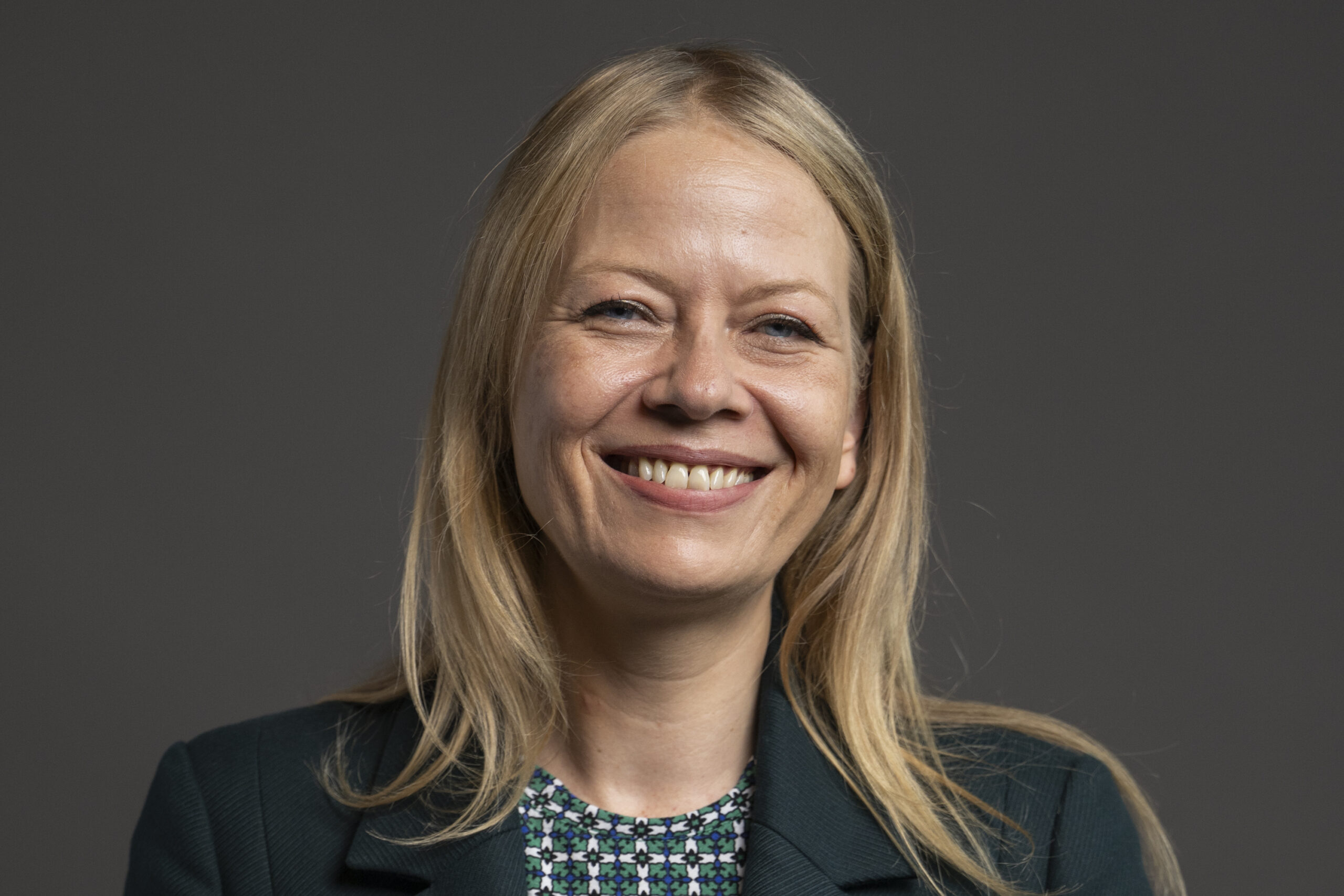Nightsong
Senior Member (Voting Rights)
Another psychobehavioural clinic, then. Precisely what we do not want and do not need.consultant clinical psychologists, assistant psychologists, specialist occupational therapists, and rehabilitation staff
To the pwME who are in favour of this plan, I would ask: who would run such a clinic? Is there a suitable candidate ready, waiting and willing? Does the NHS have a good track record when it comes to providing clinics for, and services to, pwME? Why would they set up a new clinic that was at odds with most of the existing provision? Who do they turn to when it comes to issues involving ME/CFS?At a national level, the ME/CFS Final Delivery Plan, which the Department published in July, includes an action for the Department and NHS England to explore whether a specialised service should be prescribed by my Rt Hon. Friend, the Secretary of State for Health and Social Care, for very severe ME/CFS. Officials from the Department have commenced discussions with NHS England on how best to take forward this action.
If this is attempted at the moment it will be a disaster. They will turn to BACME; they will turn to NICPM, they will turn to the existing psychobehavioural clinics. Pretty much everyone with "professional" experience of specific involvement with ME/CFS in the NHS is involved with those clinics and has fixed ideological beliefs about what ME/CFS is and isn't. They are the problem.
If this continues, we're going to end up with a BACME stalwart - or, worse, some Maudsley liaison psychiatrist or behaviouralist - running a clinic whose staff publish a constant stream of gibberish in the Journal of Psychosomatic Research, with all the authority that comes from being the national specialist referral centre. As I understand it Norwegian patients are trying to get their "National Competence Centre" - that they themselves campaigned for - shut down. The same thing will happen here, but it will be incredibly difficult to get rid of once up and running.
No such attempt should be made until radical changes are made to NHS policy & existing service provision for ME/CFS.

 Baroness Scott of Needham Market Deputy Chairman of Committees, Deputy Speaker (Lords), Chair, Home-based Working Committee, Chair, Home-based Working Committee
Baroness Scott of Needham Market Deputy Chairman of Committees, Deputy Speaker (Lords), Chair, Home-based Working Committee, Chair, Home-based Working Committee Baroness Merron The Parliamentary Under-Secretary for Health and Social Care
Baroness Merron The Parliamentary Under-Secretary for Health and Social Care Rosena Allin-Khan Labour, Tooting
Rosena Allin-Khan Labour, Tooting Ashley Dalton The Parliamentary Under-Secretary for Health and Social Care
Ashley Dalton The Parliamentary Under-Secretary for Health and Social Care Lee Anderson Reform UK, Ashfield
Lee Anderson Reform UK, Ashfield Georgia Gould Minister of State (Education)
Georgia Gould Minister of State (Education)
 Siân Berry Green Spokesperson (Crime and Policing), Green Spokesperson (Justice), Green Spokesperson (Transport), Green Spokesperson (Work and Pensions), Green Spokesperson (Culture, Media and Sport), Green Spokesperson (Democratic Standards)
Siân Berry Green Spokesperson (Crime and Policing), Green Spokesperson (Justice), Green Spokesperson (Transport), Green Spokesperson (Work and Pensions), Green Spokesperson (Culture, Media and Sport), Green Spokesperson (Democratic Standards)